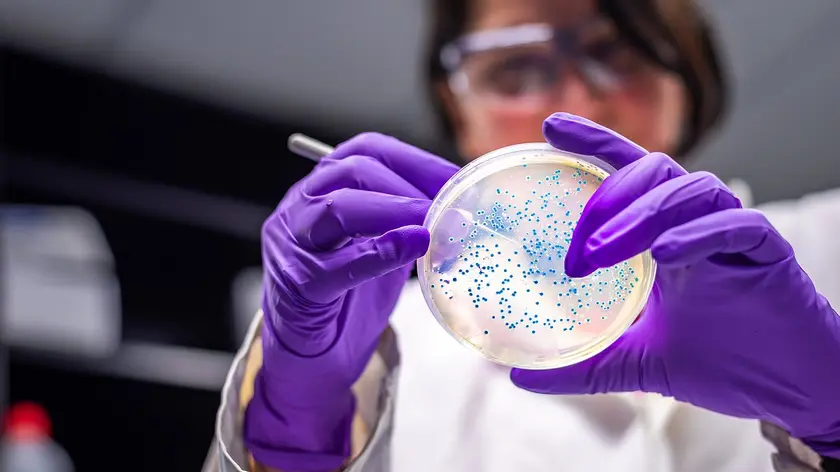T4K3.news
Cancer and Infection Link Repurposed
New mouse study links respiratory infections to waking dormant breast cancer cells in the lungs, prompting call for cautious interpretation and more research.

New research links respiratory infections to reactivation of dormant cancer cells in the lungs, with implications for patients and care teams.
COVID and Flu May Wake Dormant Breast Cancer Cells
A study published in Nature suggests that common respiratory infections such as influenza and SARS-CoV-2 could reactivate dormant cancer cells in the lungs, potentially leading to metastatic disease within weeks in a mouse model. The researchers point to inflammatory signals, especially interleukin-6 (IL-6), as the driver that revives these disseminated dormant cancer cells and then allows them to spread to form new tumors. The reawakening appears temporary; once the infection clears, the cells can fall back into dormancy but remain more prone to reactivation in the future.
The study notes limitations, including its reliance on rodents and its focus on lung tissue. While the findings offer important clues about how infections might influence cancer recurrence, scientists caution that similar effects in humans have not been proven and may not occur in all cancer types or sites. The authors and clinicians emphasize that these results underscore the broader role of inflammation in cancer biology and reinforce the value of infection prevention for cancer patients, including vaccination and other protective measures.
Key Takeaways
"These findings underscore the importance of vaccination and preventative strategies in patients with cancer, particularly in those with a history of metastatic disease."
Comment from Dr Karishma Kollipara on the implications for patient care
"Respiratory viruses are like a strong wind that reignites the flame."
Dr Julio Aguirre-Ghiso describing the concept of cancer dormancy reactivation
"More research is needed to understand how viral infections impact cancer recurrence."
Dr Jennifer Wall Forrester on the study's limitations and next steps
This research adds a new layer to the cancer recurrence puzzle. It frames the immune system as a double-edged sword: it fights infections but can also propel dormant cancer cells when inflammatory signals surge. The study highlights a potential mechanism—IL-6–driven reactivation—that could help explain a rise in metastatic signals observed during the COVID era. Yet it also stresses caution; translating mouse findings to human patients is not straightforward, and the clinical relevance will hinge on human studies. For patients and clinicians, the take-home is clear: staying up to date with vaccines and taking steps to prevent infections may be part of managing long-term cancer risk, alongside ongoing surveillance and individualized care.
Highlights
- Viral infections may wake sleeping cancer cells
- Inflammation can fuel cancer spread even as it fights viruses
- Vaccination matters for cancer patients beyond preventing illness
- We need human studies to see if the same pattern holds
Further studies will show how these findings can be applied to patient care.
Enjoyed this? Let your friends know!
Related News

HPV vaccine could cut cancer with better awareness

Persistent sore throat may signal cancer

Frank Lane diagnosed with throat cancer linked to oral sex

E. coli cases rise sharply in England

Persistent sore throats may signal serious health risks

Research connects respiratory infections to cancer cell activation

NHS encourages young adults to get HPV vaccine

HPV linked throat cancer highlights complex risk
